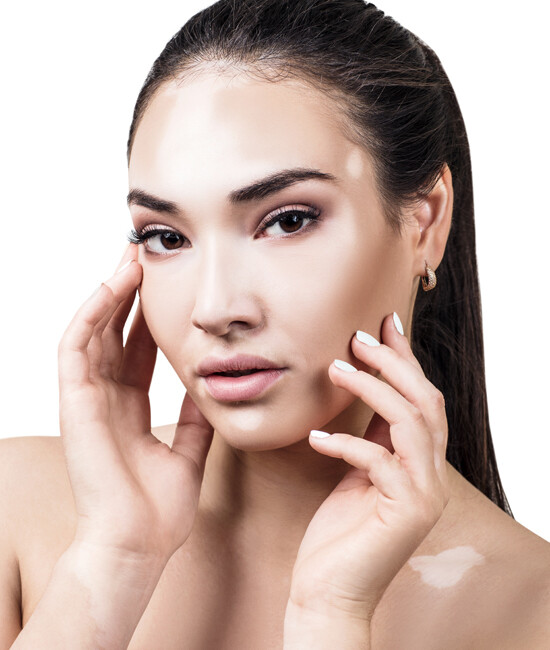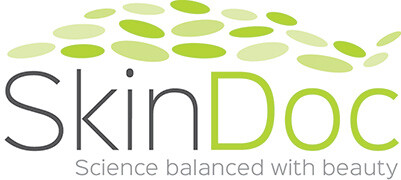Pigmentary disorders
Pigmentation disorders refer to conditions that affect the colour of the skin, hair, or eyes. There are several types of pigmentation disorders, and they can be caused by a variety of factors, including genetics, exposure to the sun, hormonal changes, and certain medical conditions.
Vitiligo
Vitiligo is a skin condition that affects people of all ages, genders, and ethnicities. It is characterised by the loss of melanin, which gives the skin its colour, and can result in the appearance of white patches on the skin.
Although it is not a life-threatening condition, vitiligo can be socially and emotionally challenging for those who suffer from it. People with vitiligo may feel self-conscious about their appearance and experience stigmatisation, discrimination, and social isolation.
Chloasma
This condition is also known as melasma and is a common cosmetic condition. Women are particularly bothered by this condition. It may be aggravated by hormones such as taking the oral contraceptive pill and pregnancy but often there are no underlying factors other than skin type and our sunny weather.
Treatments include prescription and non-prescription retinoids, niacinamide, kojic acid, hydroquinone aid in skin lightening. A series of very superficial smoothing treatments with alpha hydroxy acid AHA (20-40%) or salicylic acid SA (10-15%) to promote penetration of hydroquinone into the deeper epidermal layers may be effective in patients with more epidermal pigmentation. About 5 to 6 smoothing treatments are done every 2-4 weeks over 3-6 months. For a more immediate improvement a trichloroacetic acid TCA (10-15%0 treatment can be done in conjunction with a series of SA or AHA treatments. More extensive chloasma may require medium-depth skin smoothing treatments using Jessner’s solution and 35%TCA. Hydroquinone is applied twice daily between skin smoothing treatments. Using a broad spectrum sunscreen SPF 50 with at least 2mg/cm2 as well as a broad rim hat and sunglasses are strongly recommended.
Chloasma seldom responds to laser and IPL. However in selective cases Er:YAG laser may be effective.

